Total Petroleum Hydrocarbon and Organic Pollutants Testing Services
Navigate complex environmental regulations with confidence through Element's comprehensive Total Petroleum Hydrocarbon and Organic Pollutants Testing Services. From precise TPH analysis and VOC testing to detailed hydrocarbon fingerprinting, we help you ensure compliance while protecting human health and the environment. Our global network of state-of-the-art laboratories delivers fast, accurate results that keep your operations running smoothly and safely, with expert guidance on jurisdictional requirements every step of the way.
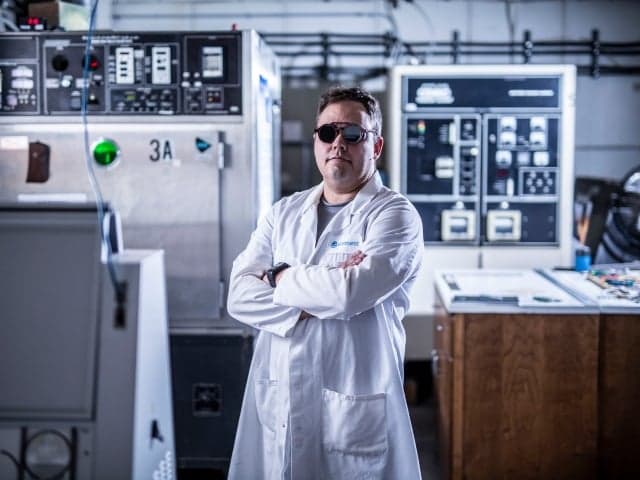
What is Total Petroleum Hydrocarbon and Organic Pollutants Services at Element?
Petroleum hydrocarbons (PHCs) and organic pollutants testing measures the amount of petroleum hydrocarbons and other organic compounds in a sample. Element's Total Petroleum Hydrocarbon and Organic Pollutants Testing Services analyze compounds from crude oil, refined petroleum products, and other organic pollutants in soil, water, waste, and air samples. Using advanced chromatography techniques, we provide detailed analysis to identify contamination sources and ensure regulatory compliance.
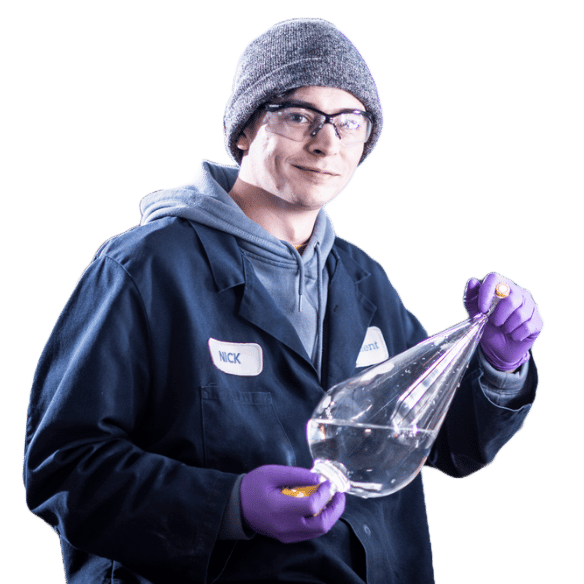
What can Element offer you for Total Petroleum Hydrocarbon and Organic Pollutants Services?
Components And Products We Test
Components And Products We Test
Element's comprehensive testing capabilities cover the full spectrum of petroleum hydrocarbons and organic pollutants. From volatile compounds to heavy-end hydrocarbons, we analyze soil, water, waste, and air samples with precision. Our expertise extends to complex organic compounds including PAHs, PCBs, VOCs, and various industrial chemicals used in commercial and agricultural processes. We specialize in identifying and characterizing unknown organic waste streams through advanced analytical techniques.
Key services offered
Key services offered
We employ multiple advanced analytical techniques to deliver accurate results. Our two-pronged approach combines solvent extraction with GC-FID for heavier hydrocarbons and headspace analysis with GC-MS for volatile compounds. We also offer innovative open scan technology for identifying unknown organic waste streams through spectral image comparison. Our methods are tailored to meet specific jurisdictional regulatory requirements while ensuring the highest accuracy.
Cutting-Edge Equipment We Use
Cutting-Edge Equipment We Use
Our state-of-the-art laboratories are equipped with advanced Gas Chromatography systems featuring both Flame Ionization Detector (GC-FID) and Mass Spectroscopy (GC-MS) capabilities. This technology allows us to provide detailed hydrocarbon fingerprinting and precise pollutant identification. Our extensive spectral image library enables the accurate characterization of unknown compounds.
Which Labs We Offer This Service At
Which Labs We Offer This Service At
Our team operates from environmental testing hubs across the world, providing global access to our expert capabilities. Find out where your nearest environmental testing hub is on our Locations Page.
Unique Identification Capabilities
Unique Identification Capabilities
Our advanced chromatogram analysis provides a distinctive "fingerprint" for each hydrocarbon source, enabling precise contamination source identification. This unique profiling capability, combined with our ability to perform "open scans" for unknown substances, gives you comprehensive insights into any organic contaminants present in your samples. When you need to identify unknown materials, our extensive spectral image library provides reliable compound characterization and verification.
What we test
- Crude oil compounds
- Refined petroleum products
- Polycyclic Aromatic Hydrocarbons (PAHs)
- Alcohols (methanol, ethanol, isopropanol)
- Glycols
- Polychlorinated Biphenyls (PCBs)
- Chlorinated phenols
- Volatile Organic Contaminants (VOCs)
- Amines and sulfolane
- Pesticides and herbicides
- Sterilants
- Unknown organic waste streams
Your Challenges, Our Solutions
Regulatory Compliance Risk
Environmental Contamination Concerns
Health and Safety Risks
Unknown Contaminant Identification
Why Choose Element

Global Testing Network
Advanced Technical Capabilities
Regulatory Compliance Expertise
Complete Analysis Solutions
Frequently asked questions
How do you identify unknown organic waste streams?
We use open scan technology to extract and compare unknown compounds against our extensive spectral image library, enabling accurate identification and characterization.
What makes hydrocarbon fingerprinting useful?
Each hydrocarbon source produces a unique chromatogram profile, helping determine contamination sources and enabling targeted remediation strategies.

Explore our global network of labs and find your nearest location
VIEW ALL LOCATIONSRelated services

Environmental Testing Services
Our experts and network of accredited laboratories offer environmental testing services for water, soil, sediments, waste, air quality, emissions and more. Learn More.
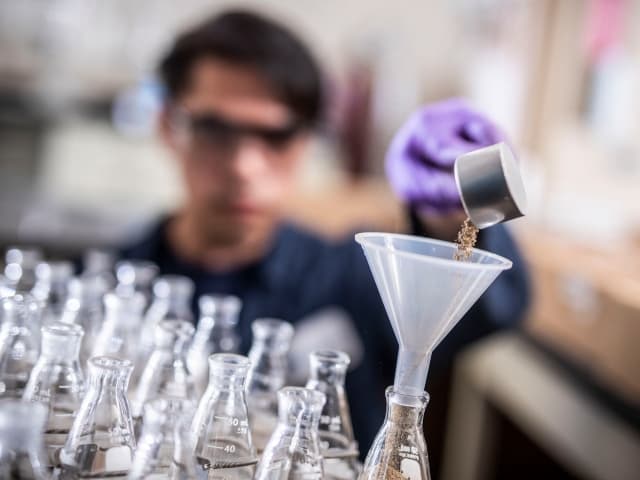
Hydrocarbon Testing
Need reliable hydrocarbon testing? Element delivers precise analysis of water and soil samples to ensure regulatory compliance and prevent environmental issues. Our advanced labs provide fast, accurate results for all your testing needs.
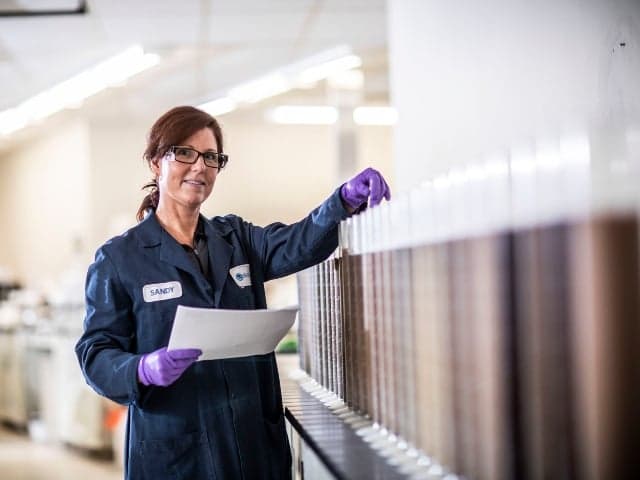
Hazardous Waste Testing and Waste Analysis
Element provides hazardous waste testing and waste analysis for disposal industries to ensure waste water, soil and landfill complies with government legislation.
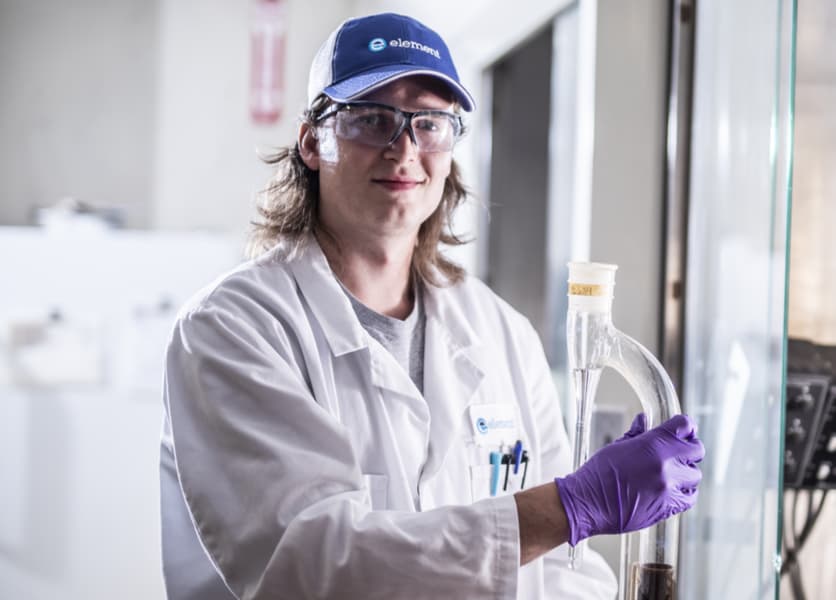
Landfill Monitoring and Testing
We provide landfill gas monitoring, testing, WAC analysis, and EfW compliance services to help you manage gas migration, stay compliant, and ensure accurate waste classification for safe and proper disposal.
